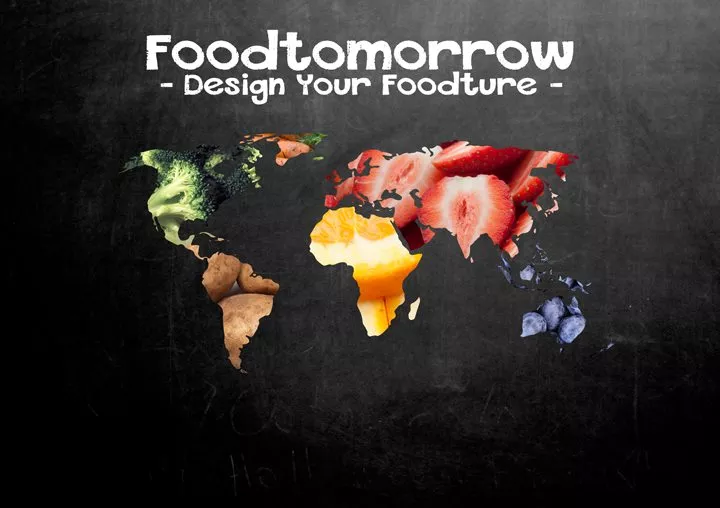Foodtomorrow

The continually growing global population had led to a set of profound challenges, impacting an increasingly large segment of humanity: How could we influence the present handling of food to ensure sustenance for future generations on a planet where the equilibrium between supply and demand had already tipped unfavorably? Owing to the escalating global magnitude of this issue and the recognition that industrial entities were pivotal in modulating food supply, food security began to capture heightened political and societal interest.
We, the "Foodtomorrow" team of the TUM: Junge Akademie, were driven and determined to address this burgeoning global challenge. We aimed to comprehensively analyze its intricate structures and root causes across political, industrial, and societal domains and to suggest and implement solutions. Moreover, we endeavored to appraise the strategies of current social and industrial bodies actively formulating solutions for sustained food security. Given the issue's global scale, we believed it essential to rally and concentrate as many entities as possible, fostering impactful resolutions. Thus, we also aimed to collaborate with partners spanning industry, politics, and academia.
In the initial phase of our project timeline, we had examined the economic resilience of the agriculture domain, particularly industrial guidelines categorizing food based on production feasibility and aesthetics, along with differing food handling methods across developed and developing nations.
As we progressed to the project's second phase, we began to classify and assess potential project pathways that could be accomplished within a span of 18 months. Guided by the maxim "Think big!", our group had been amalgamating various project categories and concepts, aiming to pinpoint a conclusive project direction capable of positively modulating global food provision, with the ultimate goal of ensuring food security globally.
Within the "Foodtomorrow" collective, specialized sub-groups with distinct objectives existed:
- "Within the Foodtomorrow collective, we were keen to discern the valuation and management of food in developing regions, intending to juxtapose the Kenyan scenario with Germany's. To realize this, our aspiration was to collaborate with the TUM Research Facility in Malindi and potentially with Pwani University in Kilifi."
- "Given the scarcity of food and soil, which often went underappreciated in western societies, evidenced by daily food wastage, our subgroup's objective was to diminish food wastage by amplifying public cognizance. We aspired to demonstrate that every individual could mitigate global hunger by making conscious purchasing decisions."
Team:
Florian Andres, Paul Bandow , Andreas-David Brunner, Fabian Finger, Christian Grätz, Fabienne Haas, Franziska Hauler, Maximilian Held, Max Juna, Florian Männer, Jan Mathony, Josef Oberndorfer, Simon Rieß, Philipp Rinner, Hanna Scheuermann, Fabian Schmitz, Mareike Spindler, Tobias Wörl
Tutor/innen:
- Maximilian Biebl
- Andreas Noll
- Carolin Thiem
Mentor/innen:
- Prof. Dr. Alwine Mohnen (WiWi)
- Prof. Dr. Ruth Müller (MCTS)
- Dr. Hannes Petermeier (Mathematik)
- Prof. Dr. Peter Wilderer, EoE (BGU)